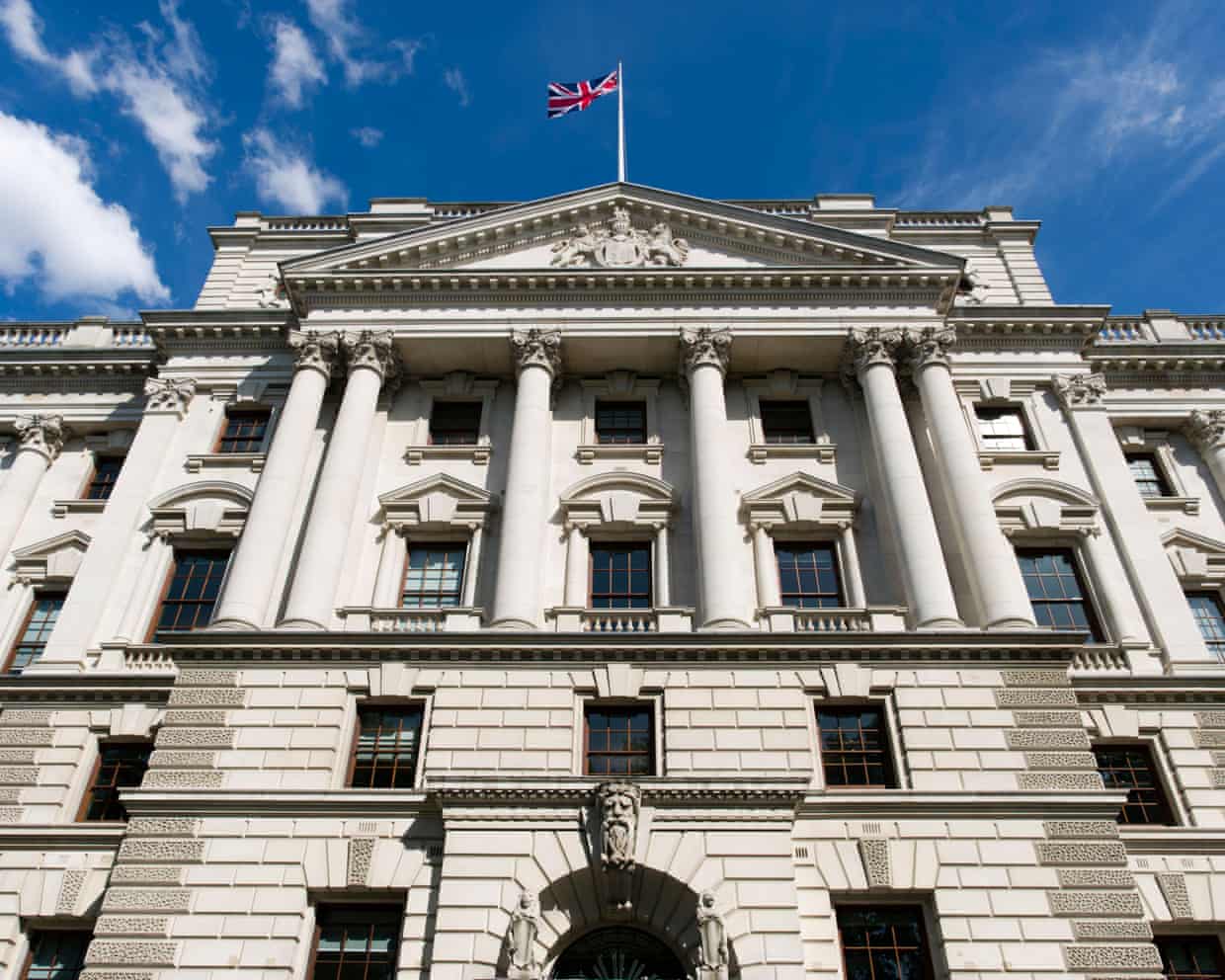World
UK Government Borrowing Hits £20.2 Billion in September Surge

UK government borrowing reached a five-year high in September 2023, totaling £20.2 billion. This significant increase is attributed to rising debt interest costs and higher welfare payments, which have intensified the public finances’ deficit. According to figures from the Office for National Statistics (ONS), this borrowing figure reflects an increase of £1.6 billion compared to the same month last year, marking the highest September borrowing since 2020.
Despite a rise in tax receipts, which typically helps balance public finances, the ONS reported that it was insufficient to counter the surge in debt interest costs and welfare expenses largely driven by inflation. City economists surveyed by Reuters had anticipated borrowing to be around £20.8 billion for the month.
Impact on Fiscal Policy and Future Budgets
The latest figures indicate that total borrowing for the current financial year has reached £99.8 billion, which is £7.2 billion higher than projections made by the Office for Budget Responsibility in March 2023. This development presents a challenging environment for Chancellor Rachel Reeves, particularly as she prepares for her upcoming budget announcement on 26 November 2023.
While UK borrowing costs on international money markets have declined recently, reducing the financing burden on government debt, the interest payments remain at historically elevated levels. Current forecasts suggest that annual borrowing will exceed £100 billion this year, representing almost 10% of the annual budget. This situation imposes considerable constraints on spending for various departments within Whitehall.
Reeves is expected to confront a deficit ranging between £20 billion and £40 billion when she unveils the autumn budget. Alongside potential significant tax increases, she has hinted at plans to address the welfare bill. This comes as she navigates a challenging adjustment to the OBR’s productivity forecast, which has been downgraded.
Economic Growth and Future Outlook
In August, the UK economy recorded a growth rate of 0.1%, but a revision of growth figures for July has tempered optimism, showing only a 0.3% increase over the three months leading to the end of August. As the government prepares to address these financial pressures, the public awaits further details on the economic strategy and fiscal measures that will be proposed.
The pressures surrounding government finances are set to influence policy decisions significantly, impacting both public services and the broader economy as the country moves forward. Further developments are anticipated as the budget date approaches, highlighting the need for careful management of the UK’s fiscal resources.
-

 Science2 months ago
Science2 months agoInventor Achieves Breakthrough with 2 Billion FPS Laser Video
-

 Health2 months ago
Health2 months agoCommunity Unites for 7th Annual Into the Light Walk for Mental Health
-

 Top Stories2 months ago
Top Stories2 months agoCharlie Sheen’s New Romance: ‘Glowing’ with Younger Partner
-

 Entertainment2 months ago
Entertainment2 months agoDua Lipa Aces GCSE Spanish, Sparks Super Bowl Buzz with Fans
-

 Health2 months ago
Health2 months agoCurium Group, PeptiDream, and PDRadiopharma Launch Key Cancer Trial
-

 Top Stories2 months ago
Top Stories2 months agoFormer Mozilla CMO Launches AI-Driven Cannabis Cocktail Brand Fast
-

 Entertainment2 months ago
Entertainment2 months agoMother Fights to Reunite with Children After Kidnapping in New Drama
-

 World2 months ago
World2 months agoIsrael Reopens Rafah Crossing After Hostage Remains Returned
-

 Business2 months ago
Business2 months agoTyler Technologies Set to Reveal Q3 Earnings on October 22
-

 World2 months ago
World2 months agoR&B Icon D’Angelo Dies at 51, Leaving Lasting Legacy
-

 Health2 months ago
Health2 months agoNorth Carolina’s Biotech Boom: Billions in New Investments
-

 Health2 months ago
Health2 months agoYouTube Launches New Mental Health Tools for Teen Users









